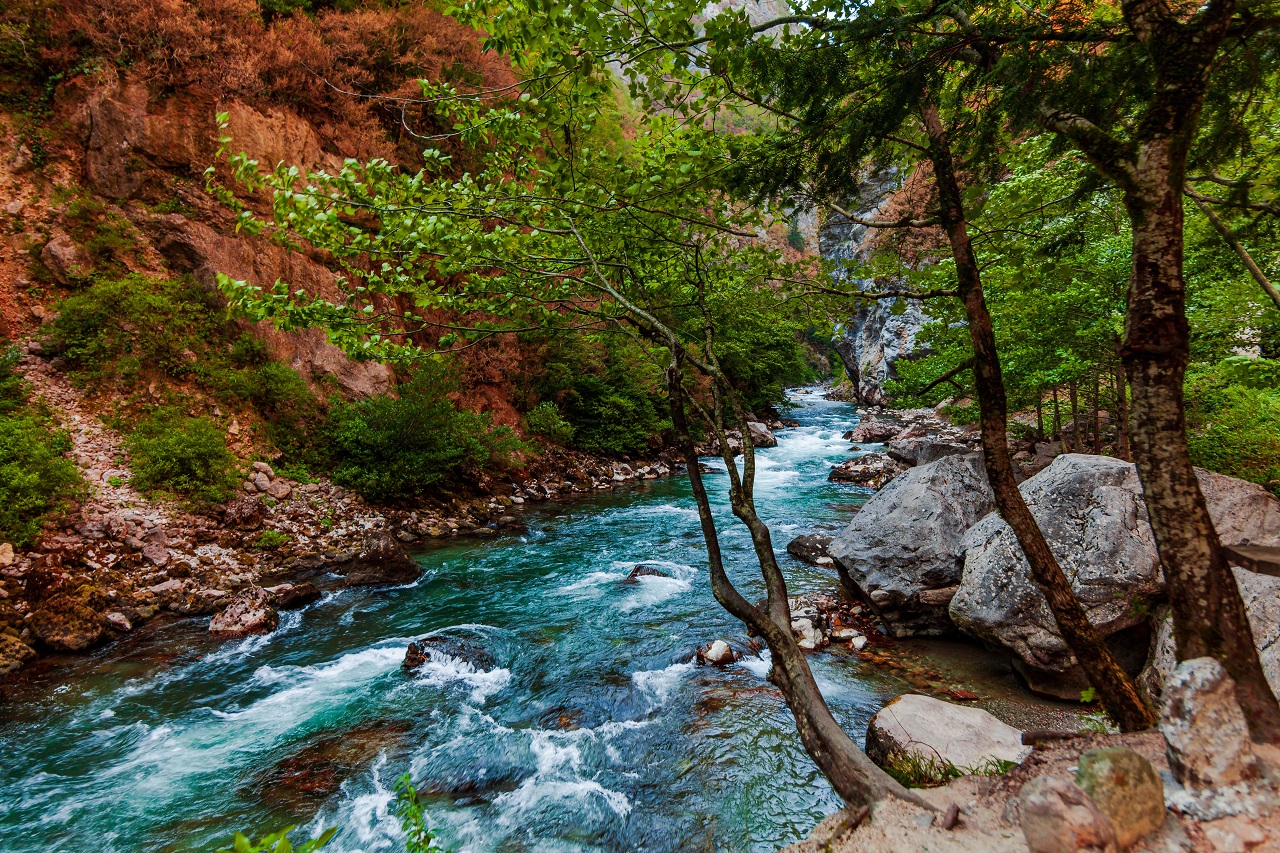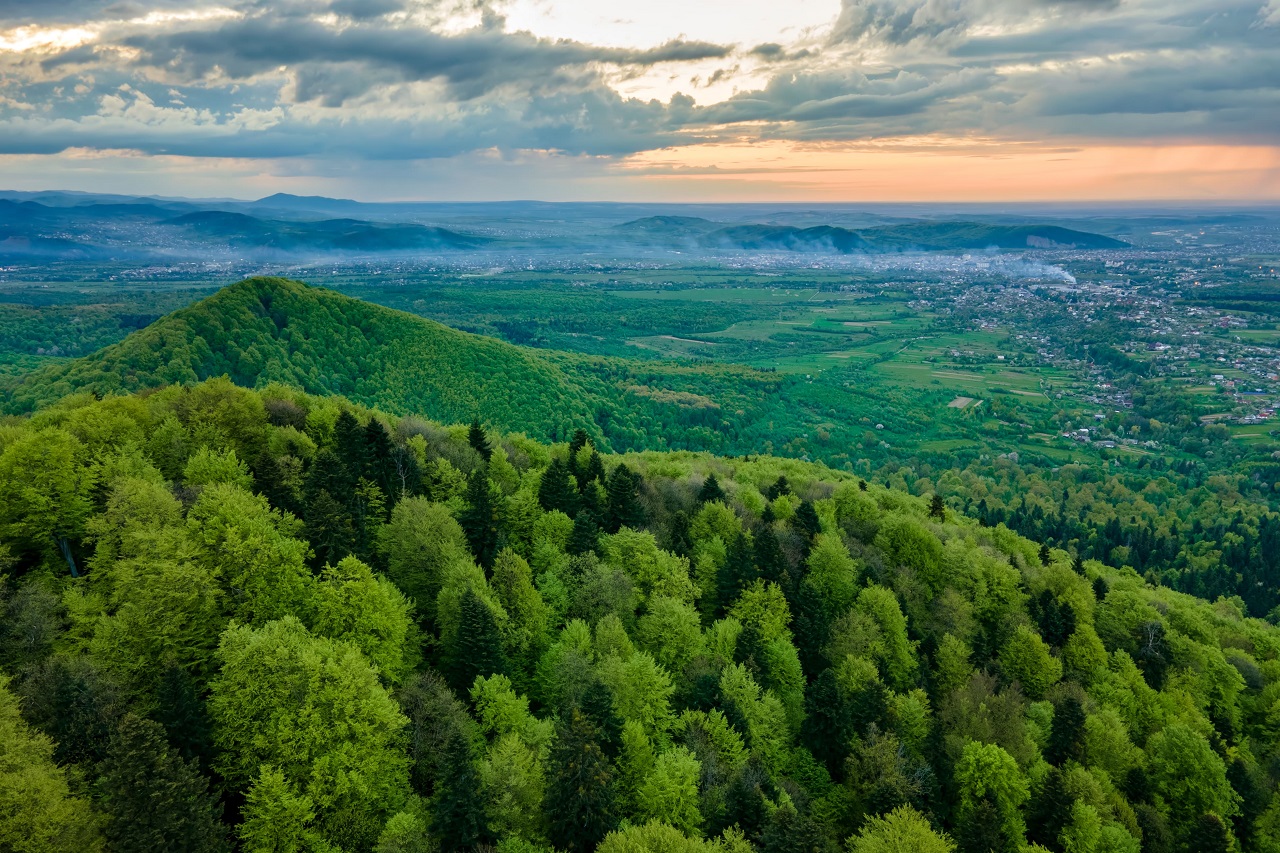Forest therapy and nature walks have gained popularity in recent years as a way to improve mental and physical health. Forest therapy, also known as forest bathing, involves mindful engagement with nature through slow, multi-sensory activities. Unlike hiking, which typically has a destination, forest therapy involves no particular goal or endpoint. The benefits of forest therapy include reduced stress hormones, lower blood pressure, and improved heart health. This approach uses the healing effects of forests to prevent disease and improve people's health through forest walks.
Nature walks have been recognized as an important activity for improving mental health, particularly for those living in urban areas. Spending time outdoors can reduce symptoms of depression and PTSD, which are growing concerns among service members. The deliberate engagement with nature that is encouraged in forest therapy can lead to a greater sense of connection with the natural world and a deeper appreciation for its beauty and complexity. In Turkiye, forest therapy and nature walks have become increasingly popular, with ecotourism activities centered around these practices.
Turkiye offers a variety of forest therapy and nature walk experiences for individuals and groups. The Wild Turkiye program is designed to guide individuals through the steps of becoming a certified forest therapy guide. Additionally, Turkiye has a network of certified forest therapy guides, with training and certification provided by leading providers of nature and forest therapy. These programs offer an opportunity to experience the healing effects of nature in a structured and intentional way. By engaging with the natural world through forest therapy and nature walks, individuals can improve their mental and physical health while also developing a deeper connection with the environment.
The science behind forest therapy and nature walks

Decades of research have shown that spending time in nature, such as through forest therapy and nature walks, can have a profound impact on the brain and body. Exposure to natural environments has been linked to reduced stress levels, improved attention and cognitive function, boosted immunity, and elevated mood. This is due in part to the fact that nature has a calming effect on the nervous system, reducing the production of stress hormones and promoting relaxation. Additionally, studies have shown that exposure to nature can lead to improved cardiovascular health, reduced inflammation, and better sleep.
The role of forest therapy and nature walks in stress reduction is particularly noteworthy. Research has shown that spending time in forests can lead to a significant reduction in stress levels, as measured by biomarkers such as cortisol and blood pressure. One study found that a cognitive behavior therapy-based forest therapy program led to a reduction in both systolic and diastolic blood pressure, as well as improvements in quality of life, among elderly participants. Forest therapy and nature walks have also been shown to reduce symptoms of anxiety and depression, as well as improve mood regulation. The multisensory experience of being in nature, with its sights, sounds, and smells, can create a sense of calm and relaxation that is difficult to replicate in other environments.
The positive impact of forest therapy and nature walks extends beyond stress reduction and mental health, contributing to overall well-being. Spending time in nature has been linked to increased creativity, improved social connections, and greater feelings of awe and wonder. Additionally, forest therapy and nature walks can encourage physical activity, which is essential for maintaining good health. By providing a low-impact, enjoyable form of exercise, nature walks can be an effective way to improve cardiovascular health, build strength and flexibility, and reduce the risk of chronic diseases such as diabetes and heart disease. Overall, forest therapy and nature walks provide a holistic approach to health and well-being, addressing both physical and mental health in a natural and enjoyable way.
Popular forest therapy and nature walk locations in Turkiye

Belgrad Forest in Istanbul is a popular destination for forest therapy and nature walks. This beautiful park offers a refreshing retreat from the unrelenting pollution, endless vehicles, unwavering crowds, and ceaseless noise of city life. Visitors can enjoy the beauty of nature and scenic views of the Belgrad Forest through hiking and cycling trips. Local hikers often gather in the village cafe, drink tea, and get acquainted before embarking on a 12-14 km hike. With its serene atmosphere and diverse flora and fauna, the Belgrad Forest is an ideal location for those seeking a peaceful and rejuvenating nature experience.
Olympos Beydağları National Park in Antalya is another popular destination for forest therapy and nature walks. This park stretches over an area of 34,425 ha, beginning in Sarisu, located southwest of Antalya, and reaching out to Cape Gelidonya parallel to the Mediterranean Sea. Visitors can enjoy spectacular hiking trails, fascinating archaeological sites, and dramatic views over the Mediterranean. The Lycian Way, a 335-mile trail that runs all the way along the coast of ancient Lycia from Fethiye to Antalya, also passes through the park. With its diverse landscapes and rich history, Olympos Beydağları National Park offers a unique and unforgettable nature experience.
Ayder Plateau in Rize is a picturesque destination that offers a soothing and calming atmosphere for forest therapy and nature walks. Located 19 km away from Rize Çamlıhemşin, the Ayder Plateau stands majestically at an altitude of 1350 meters. With its pristine spruce and diverse flora and fauna, Ayder Plateau is one of the must-see spots for nature lovers. Visitors can enjoy hot springs, local delicacies, and shopping opportunities while taking in the stunning natural beauty of the area. The area is also a popular hiking destination, with treks across the Kaçkar Mountains offering stunning landscapes, including alpine meadows, snowy peaks, and lush green forests.









